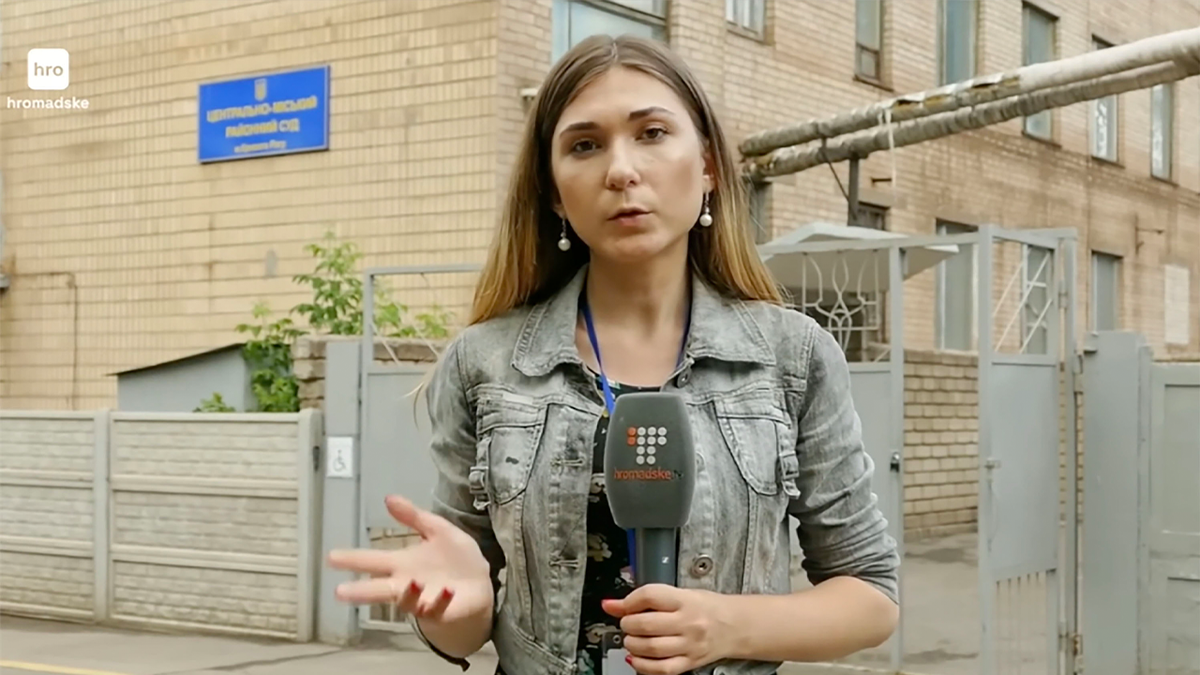The Organization for Security and Co-operation in Europe (OSCE) Representative on Freedom of the Media, Jan Braathu, has reacted strongly to the findings of a recent investigation into the death of Ukrainian journalist Viktoriia Roshchyna while in Russian captivity.
Roshchyna, known for her reporting from Russian-occupied territories, died in Russian captivity without formal charges. She was posthumously awarded the Homo Homini Human Rights Prize. Torture and deaths of illegally detained Ukrainians by Russia are widespread, though the full scale remains unknown due to the difficulty of estimating how many are still held.
According to RFE/RL, Braathu stated:
“I am horrified by the evidence emerging from the investigation by the coalition of 45 journalists led by Forbidden Stories regarding the torture and mistreatment of Ukrainian journalist Viktoriia Roshchyna, who died after being unlawfully detained without formal charges in Russia.”
He emphasized that such inhumane treatment violates the International Covenant on Civil and Political Rights, the UN Convention Against Torture, and the Fourth Geneva Convention.
Earlier, Ukraine’s Ministry of Foreign Affairs spokesperson, Heorhii Tykhyi, thanked the OSCE for its firm stance. He stated that systematic torture, mistreatment, and other breaches of international humanitarian law by Russia require a strong international response. Tykhyi also thanked the Forbidden Stories consortium for its investigation into Roshchyna’s death and called on the international community to act on the publication’s findings.
Forbidden Stories’ findings on Roshchyna’s death
On 29 April, the Viktoriia Project published its investigation into the circumstances surrounding Roshchyna’s death. The journalist, who had worked with several outlets including Radio Svoboda, was detained in Russia, where she died.
According to the investigation, the body—confirmed via forensic examination to be hers—bore signs of extensive torture and dissection. The investigating team confirmed to the Viktoriia Project that the body was returned to Ukraine with evidence of postmortem cutting performed in Russia.
Security officials reportedly told journalists that several internal organs were missing, including the brain, eyeballs, and part of the trachea. An international forensic expert consulted by reporters said the absence of those organs may indicate an attempt to conceal suffocation as the cause of death.
Read also
-
Ukraine returns body of journalist Viktoriia Roshchyna tortured in Russian captivity
-
“She couldn’t even lift her head”: Witness describes Roshchyna’s condition in Russian prison
-
Ukraine calls on Russia to return body of journalist Victoria Roshchyna who died in captivity
-
Russia fails to return body of Ukrainian journalist Viktoria Roshchyna in prisoner swap
-
Ukrainian Ombudsman Lubinets: International organizations remain silent on Russian executions of Ukrainian POWS

